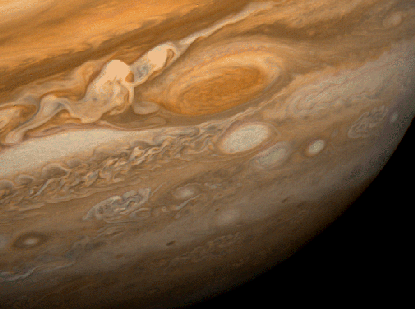
Math Vs. Physical Science or Imagimetry Vs. Geometry.
There was a time (back in the days of philosophy) when geometry actually meant "Earth Measure." Measurement is an empirical physical science. It's truths are determined empirically through measurement of physical material. Today, geometry doesn't measure anything. Geometry has become Imagimetry. Instead of measuring the Earth with a ruler as geometry once did, Imagimetry on the other hand measures imaginary mathematical space with a magic ruler that has no defined units of measurement.
Where did science go wrong? One word: Newton. "Mathematical Principles of Natural Philosophy" are not "Empirical Conclusions of Physical Science." Science went wrong when it started worshipping Newtonian "absolute, true, and mathematical time" while ignoring the fact that Kantian mathematical time is a priori and not a physical object in itself. Physical "relative, apparent, and common time" must be measured with actual units. "Absolute, true, and mathematical" time on the other hand has no units because it is imaginary.
"Nothing exists until it is measured." -- Niels Bohr, physicist, 1930
"Today's scientists have substituted mathematics for experiments, and they wander off through equation after equation, and eventually build a structure which has no relation to reality." -- Nikola Tesla, physicist, 1934
"The elements of the physical reality cannot be determined by a priori philosophical considerations [aka mathematics], but must be found by an appeal to results of experiments and measurements." -- Albert Einstein, Boris Podolsky, and Nathan Rosen, physicists, 1935
Stephen Smith: What is truth?
Astronomical research in the virtual realm [aka imagination] instigates foregone conclusions [aka a priori mathematical principles].
The Thunderbolts Picture of the Day has never considered questions that involve the search for subjective meaning in the universe to be necessary when analyzing the observations that NASA and other research groups provide. It is enough in most instances to draw correspondence between the theories proposed in peer-reviewed journals and the concepts embodied in Electric Universe [EU] hypotheses. The so-called anomalies in consensus opinions tend to disappear in most cases when EU theory is brought to bear on the questions.
A recent article in the scientific press highlights the disparity between the conclusions that should be drawn from observations and those that are drawn from within the imagination.
"Jupiter has a rocky core that is more than twice as large as previously thought, researchers announced today."
On its face the headline is not unusual and seems to indicate that evidence has been uncovered supporting a previously held theory. Not only that, the previous theory is tacitly assumed to have been correct because new information is enabling them to amplify its conclusions. However, when the announcement is fleshed-out the headline has no basis in evidence at all:
"Burkhard Militzer, a geophysicist at the University of California, Berkeley, and his colleagues ran computer simulations to look at conditions inside Jupiter... With information gleaned from these simulations, the researchers developed another computer model..."













